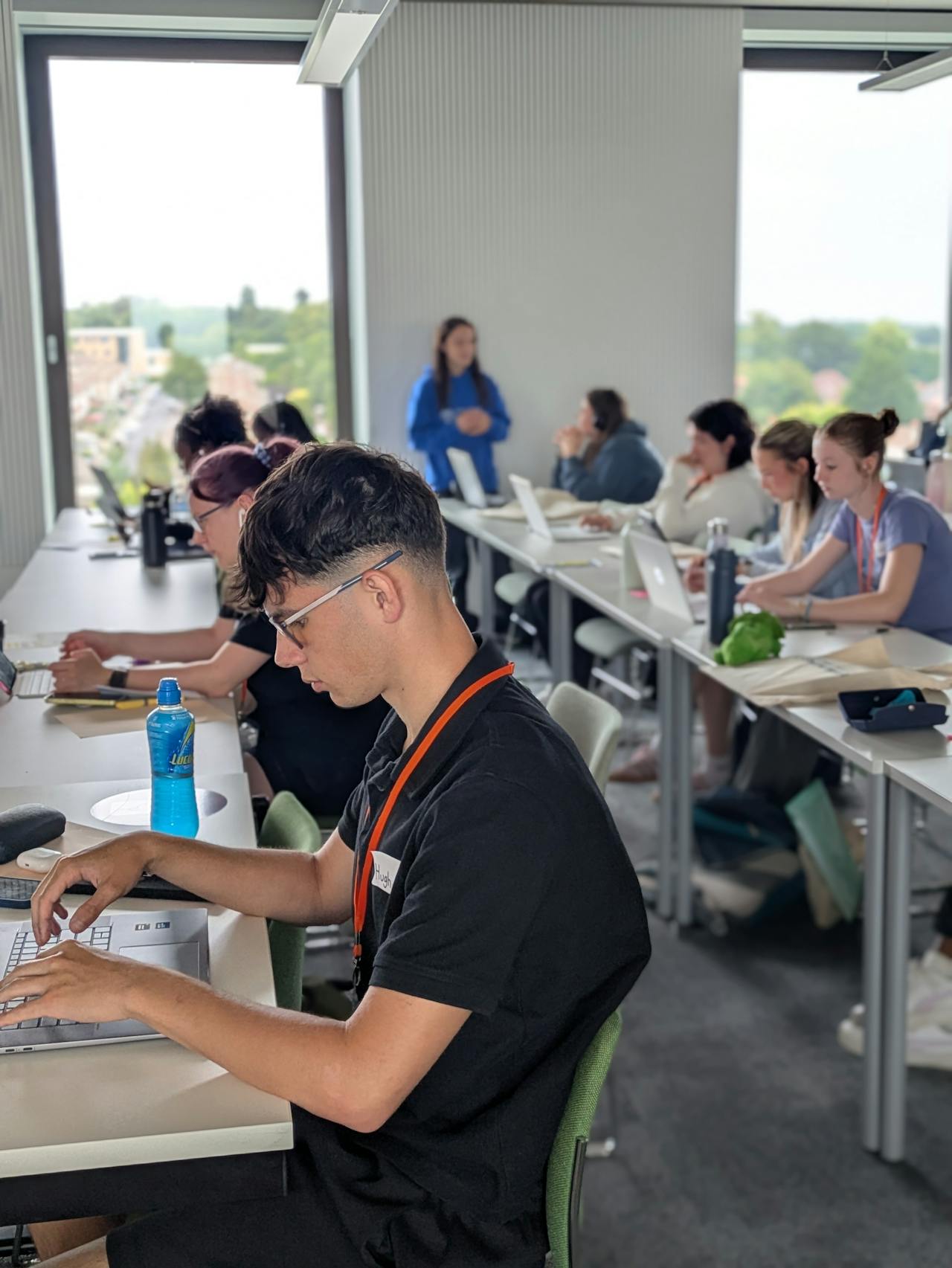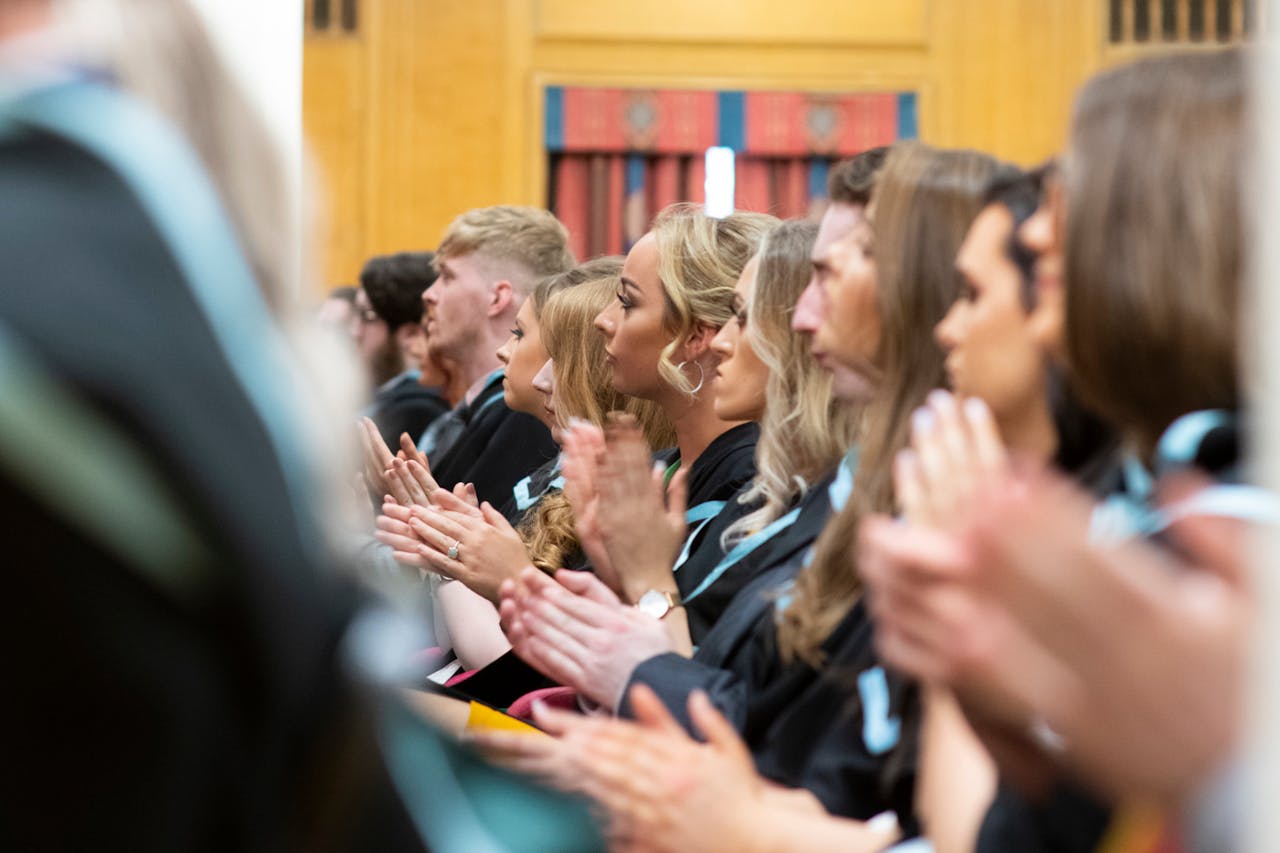How these relate to opportunities on (and off) campus
However, skill development at university isn't just limited to structured course materials and activities but also found in the wide range of additional activities on offer during this time. Students can develop leadership skills by taking an active role in a society, communication skills by assisting in university open days and team working skills by signing up to a sports team. These are just some of the most obvious extracurricular activities available to students, university campuses are filled with a range of opportunities for every type of student and every potential interest. A student’s time at university is also a great opportunity to engage in events and activities off campus. Taking the time to join a professional body if you’re interested in a particular career path, undertaking an internship over Easter or summer or even pursuing existing hobbies and interests more widely. A student’s time at university is a perfect opportunity to find out what is, and isn’t, for them. Whether that’s a career, a sport or a hobby, young people's time at university is a perfect opportunity for a trial run.




